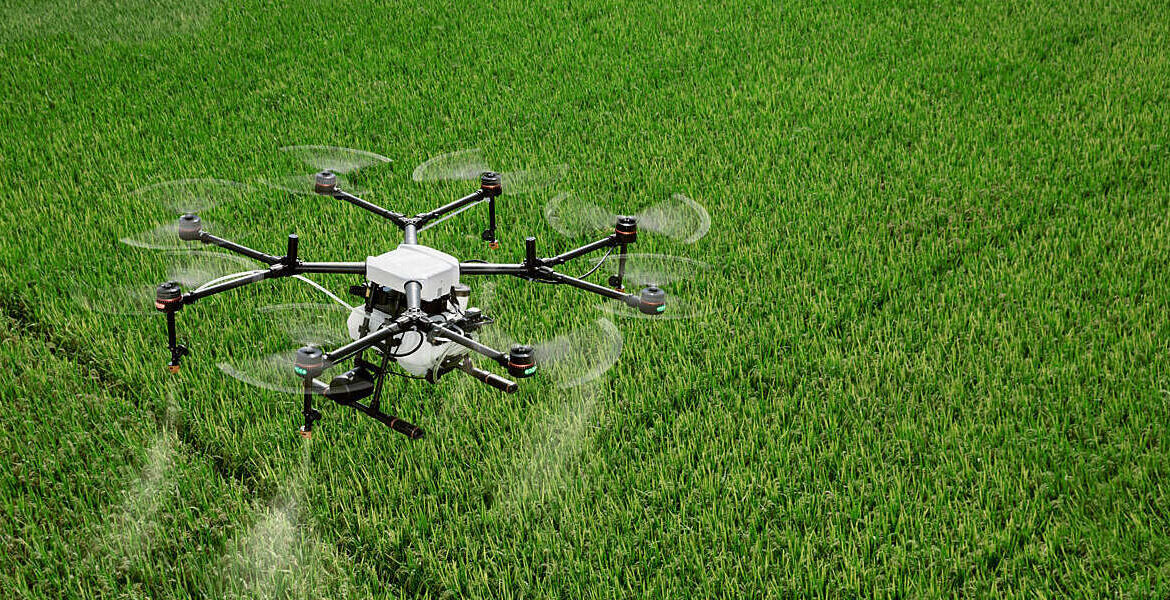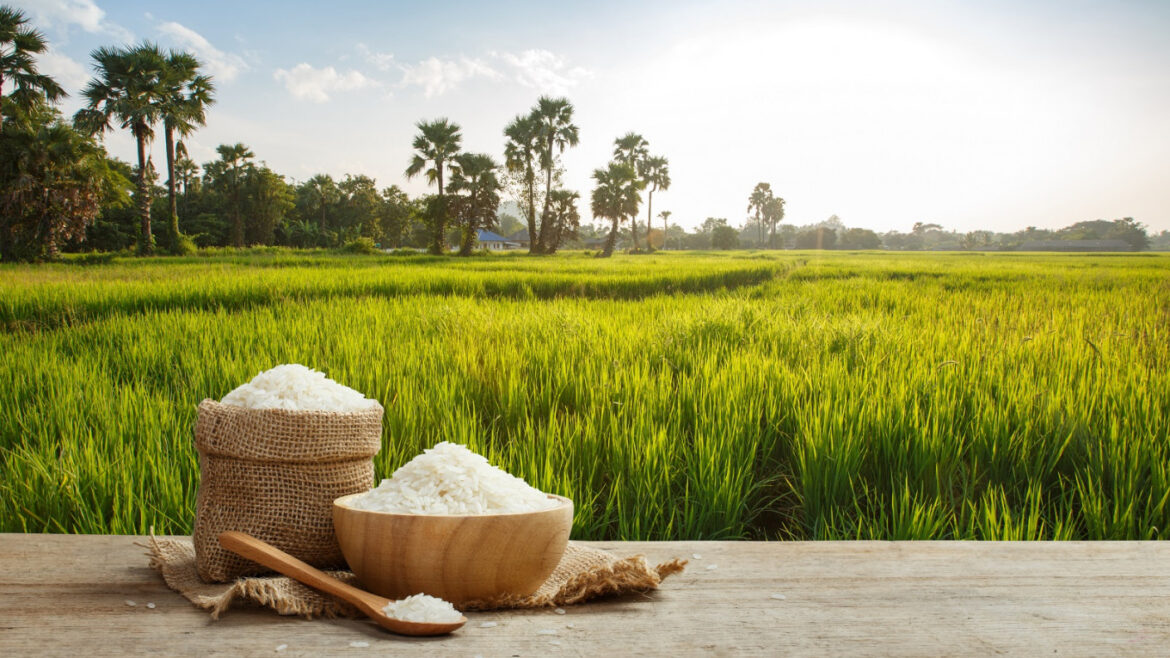Meta Platforms has officially launched a powerful new application programming interface (API) for its Llama AI models, signaling a bold move to attract AI developers and businesses alike. Announced during its first AI developer conference in 2025, this launch marks a significant step in Meta’s strategy to challenge tech giants like OpenAI, Google, and emerging competitors in the global AI race.
What is Meta’s Llama API?
The Llama API is a flexible, developer-friendly tool designed to give users seamless access to Meta’s Llama AI models. With just a single line of code, developers can start building AI-powered applications tailored to their specific business needs.
Currently available in a limited preview, Meta plans to roll it out globally over the next few months, positioning itself as a serious contender in the AI tools market.
Key Features of the Llama API
- Ease of Integration: Start using Llama AI models with minimal coding effort.
- Customizable Models: Businesses can fine-tune AI models and deploy them across their own platforms.
- Ownership Flexibility: Unlike many competitors, Meta allows developers to fully control and move their customized models outside Meta’s infrastructure.
- Cost-Effective: While pricing details remain under wraps, Meta hints at offering competitive rates compared to alternatives like OpenAI’s API.
Meta’s Expanding AI Ecosystem
Alongside the Llama API, Meta unveiled several AI-driven initiatives:
- A standalone AI assistant app for everyday tasks.
- Plans to test a paid AI chatbot subscription service in Q2 2025.
- Focus on combining multiple AI models, such as integrating the best features of models like DeepSeek with Llama.
These innovations reflect Meta’s long-term ambition to make AI tools more accessible, flexible, and customizable for developers worldwide.
Why This Matters for AI Developers
The launch of the Llama API underscores Meta’s commitment to openness in an increasingly competitive AI landscape. By offering a developer-friendly, cost-effective, and portable AI tool, Meta aims to:
- Drive faster AI adoption.
- Encourage cross-platform innovation.
- Position itself as a leading AI technology provider.
As AI continues to transform industries, developers and businesses need tools that offer both power and flexibility — and Meta is now firmly in that conversation.
Conclusion
With the introduction of the Llama API, Meta is not just catching up to OpenAI and Google — it’s setting new standards for openness, integration, and developer empowerment in artificial intelligence. As the AI arms race accelerates, Meta’s strategy of offering customizable, affordable, and portable AI tools could reshape how businesses and developers harness the power of AI in the years ahead.



